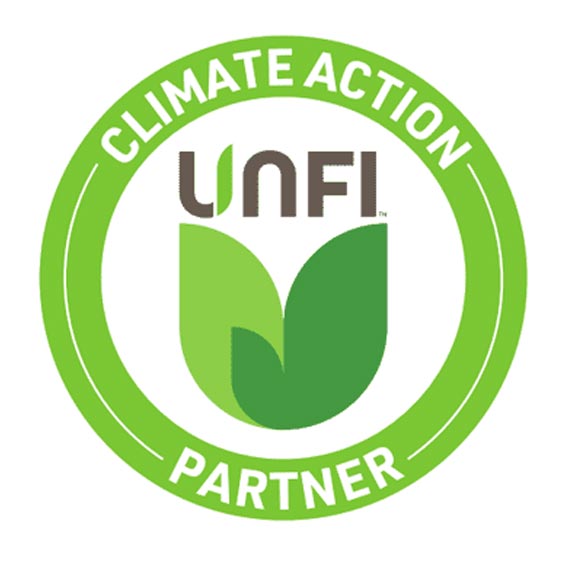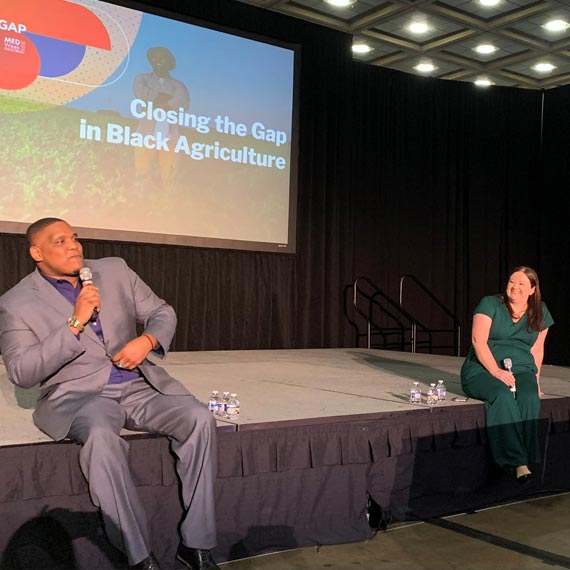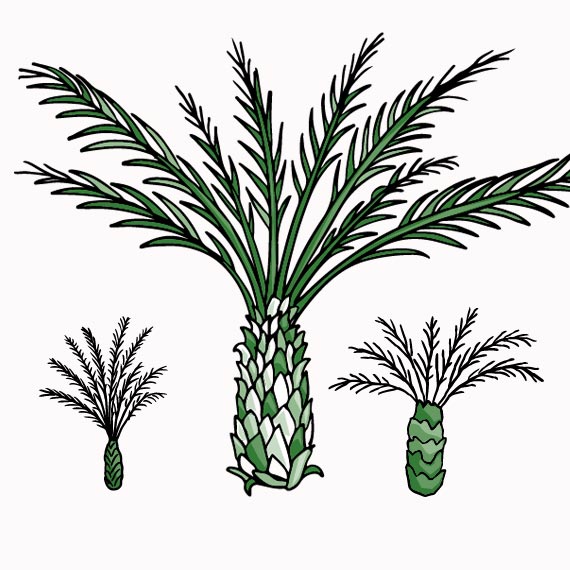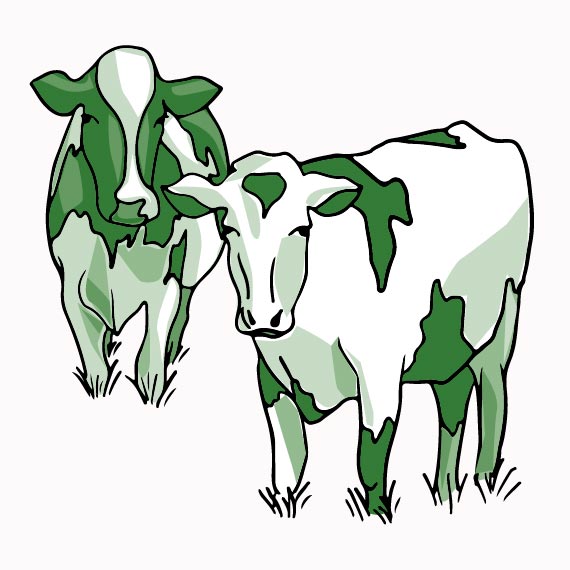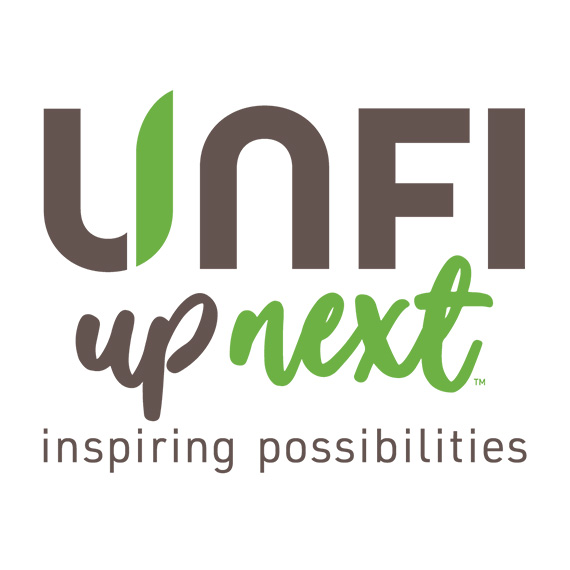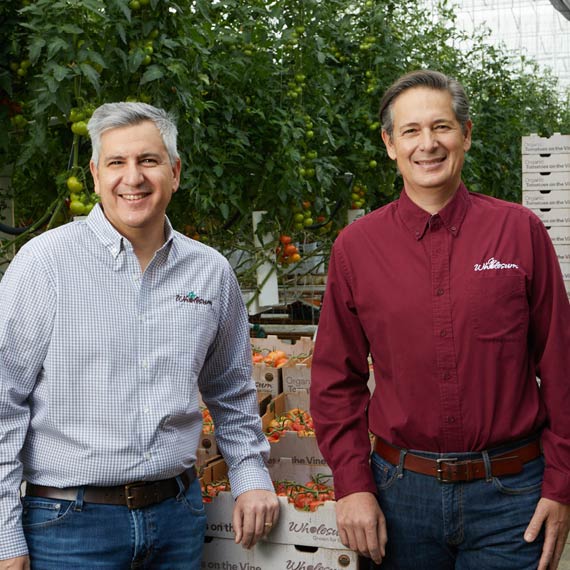-
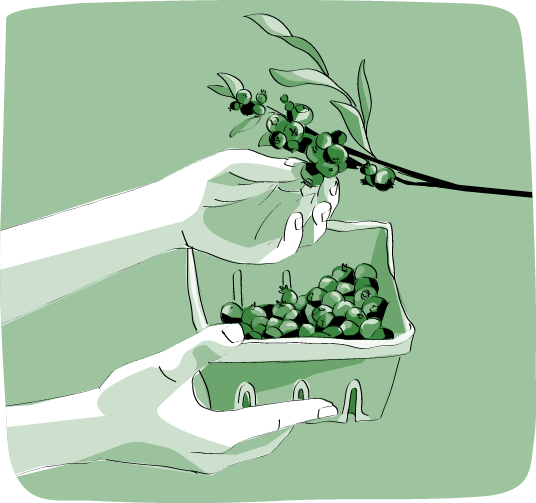
FROM FARM TO FORKLIFT
-
upstream
-
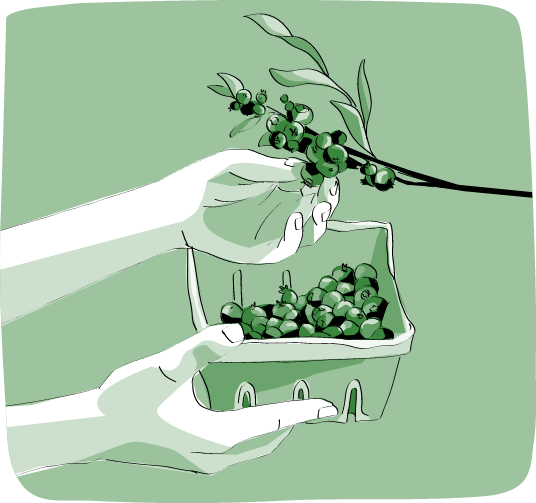
-
Our impact begins with the decisions made by our partners and suppliers, well before products reach our distribution centers. While we don’t directly control these processes, we take those impacts very seriously. We’re investing in programs and partnerships that will help build a more equitable system and carry our values further upstream.
-
What does 'upstream' refer to?
When we say ‘upstream’, we’re referring to all of the activities that happen before products get to our distribution centers. This includes the people involved in growing, making, and moving food, including our manufacturers and suppliers.
-
Making Sustainability More Accessible
-
Building A More Inclusive Supply Chain
-
Inspiring Climate Action
Making Sustainability More Accessible
The traditional system of food distribution is incredibly complex and tough to break into, and brands led by people with less capital or privilege can struggle to grow and get on the shelf.
-
We’ve proactively invested in nurturing new and emerging supplier relationships and creating structures to add value and create efficiencies within our current relationships, like our recently expanded Supplier Diversity action plan, our Marketplace program, and our UpNext program, which offers mentorship to selected suppliers. We’ve also deployed tools like the Climate Action Hub and Climate Action Partnership to help our suppliers better manage their own climate impacts and make credible commitments.
The UNFI Produce team is also engaging with suppliers more directly to reduce the inherent redundancy in the conventional distribution model, make it more affordable and efficient to distribute produce grown with regenerative, organic practices, and most importantly, deliver the freshest produce possible. Given current limits in scale, organic produce is often slower and more costly to get to stores, but this facility is proving that there are advantages to consolidating it with conventional produce.
View Related Focus Areas:
-
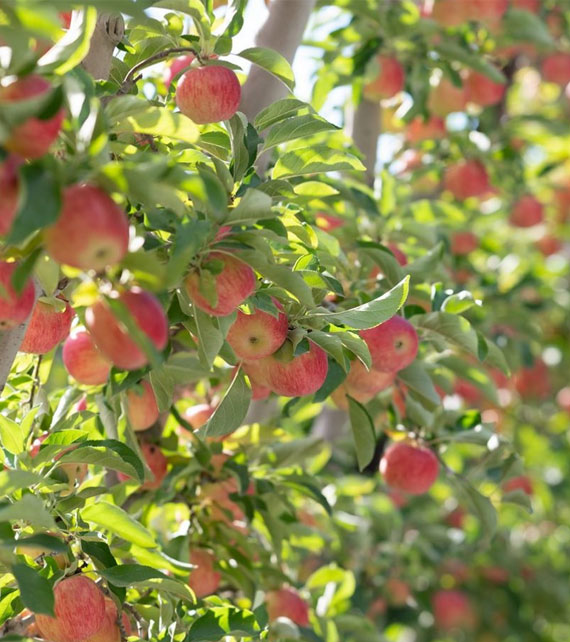
Produce from Rainier Fruit, one of UNFI’s many suppliers.
Building A More Inclusive Supply Chain
In addition to sourcing from suppliers with certified social and environmental practices, we will use our buying power to support a more diverse set of suppliers.
-
Because of the many systemic inequities in the modern food system, we can’t expect our pool of suppliers to suddenly diversify overnight. We clarified our supplier diversity action plan to reflect our evolving commitment to diversity, equity, and inclusion and better integrate our mission into sourcing activities, spending levels, customer services, sales tactics, and more. Doing so can provide opportunities for historically underrepresented business owners and their communities and contribute to economic inclusion along our supply chain.
This is how we will ACT on our mission to build a more inclusive supply chain:
Apply…supplier diversity into our everyday business practice
Commit…to building connections with our customers and ease navigation through the UNFI network
Transform…the procurement process through greater transparency and accountability
What is a Diverse Supplier?
We define diverse suppliers as small businesses or those that are at least 51% owned by Black, Indigenous, People of Color (BIPOC), women, LGBTQ+ people, people with disabilities, veterans, and/or other historically marginalized groups.
View Related Focus Areas:
-
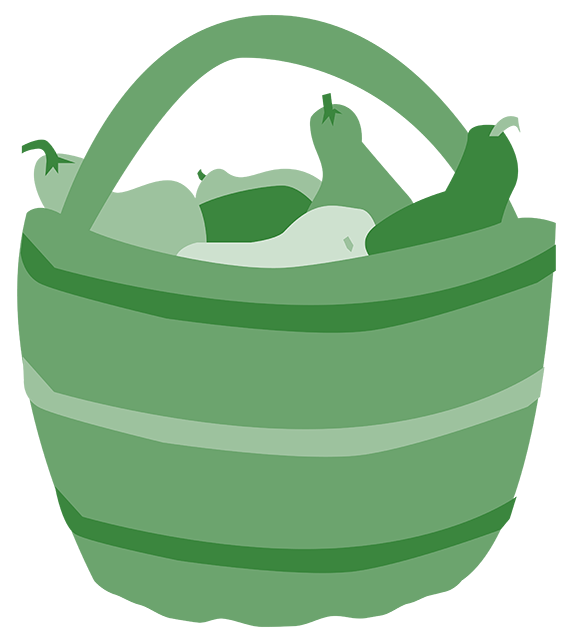
Inspiring Climate Action
We know we have work to do and that we can influence the broader industry and inspire others to take action. That said, it would be considerably more difficult to meet our emissions reduction ambitions without collaborating with our partners along the value chain.
-
So, we’ve deployed tools like the Climate Action Hub to help our suppliers better manage their own climate impacts and to help us set the stage for future action. We also launched a new Climate Action Partnership to encourage our suppliers to make credible climate commitments and provide innovative resources in the food system. We hope these evolving partnerships will help us fast-track collective action toward a decarbonized future by providing a platform for conversation, learning, and, of course, climate action.
Engaging our suppliers helps us to better understand the hurdles suppliers face, including consistently tracking emissions, introducing or scaling new agricultural practices, and minimizing the impact of packaging.
What is climate-smart agriculture?
Suppliers and their farmers hold the keys to so many climate solutions. We need to pool our resources to support innovation that ensures a resilient, climate-friendly food system. Enter climate-smart agriculture – an integrated approach to agriculture that reduces emissions, draws down carbon, and supports greater climate resiliency for all of the participants in our food supply chain.
View Related Focus Areas:
-
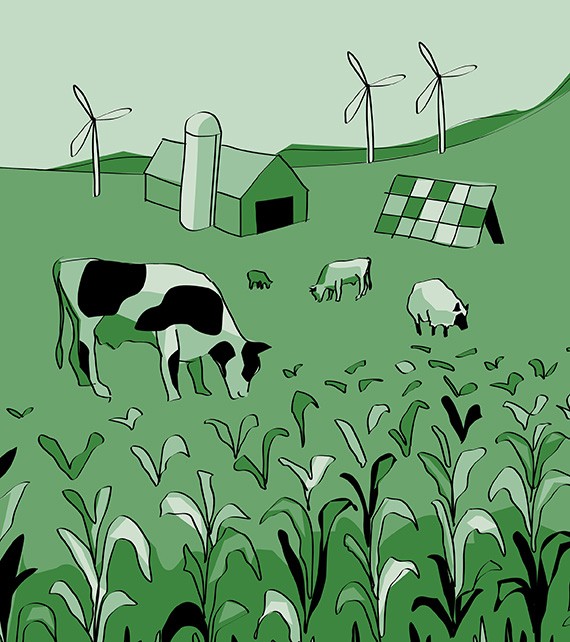
As we learn more about our upstream impacts, we also recognize the need to institute policies that promote transparency and traceability. We have an opportunity to engage our suppliers in reasonable and actionable requests, which we know can take some time to come to fruition.

